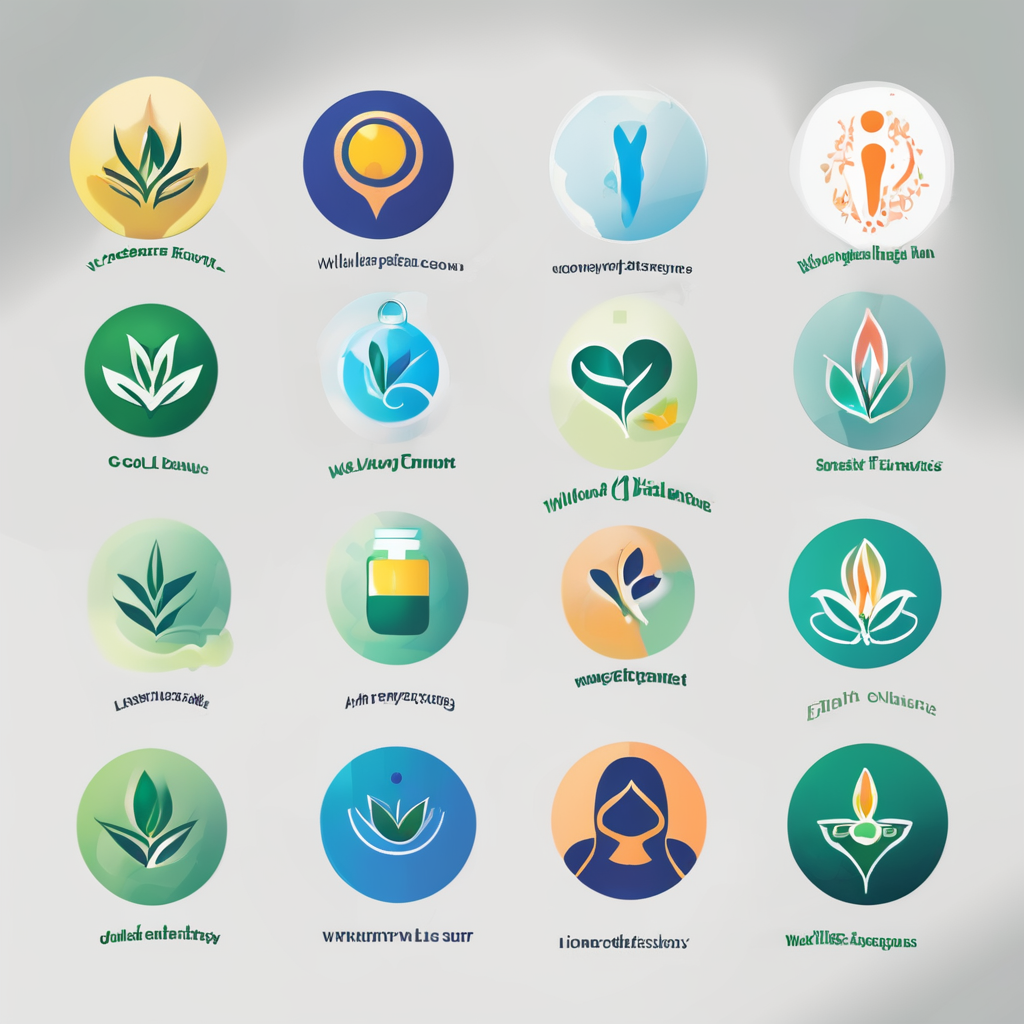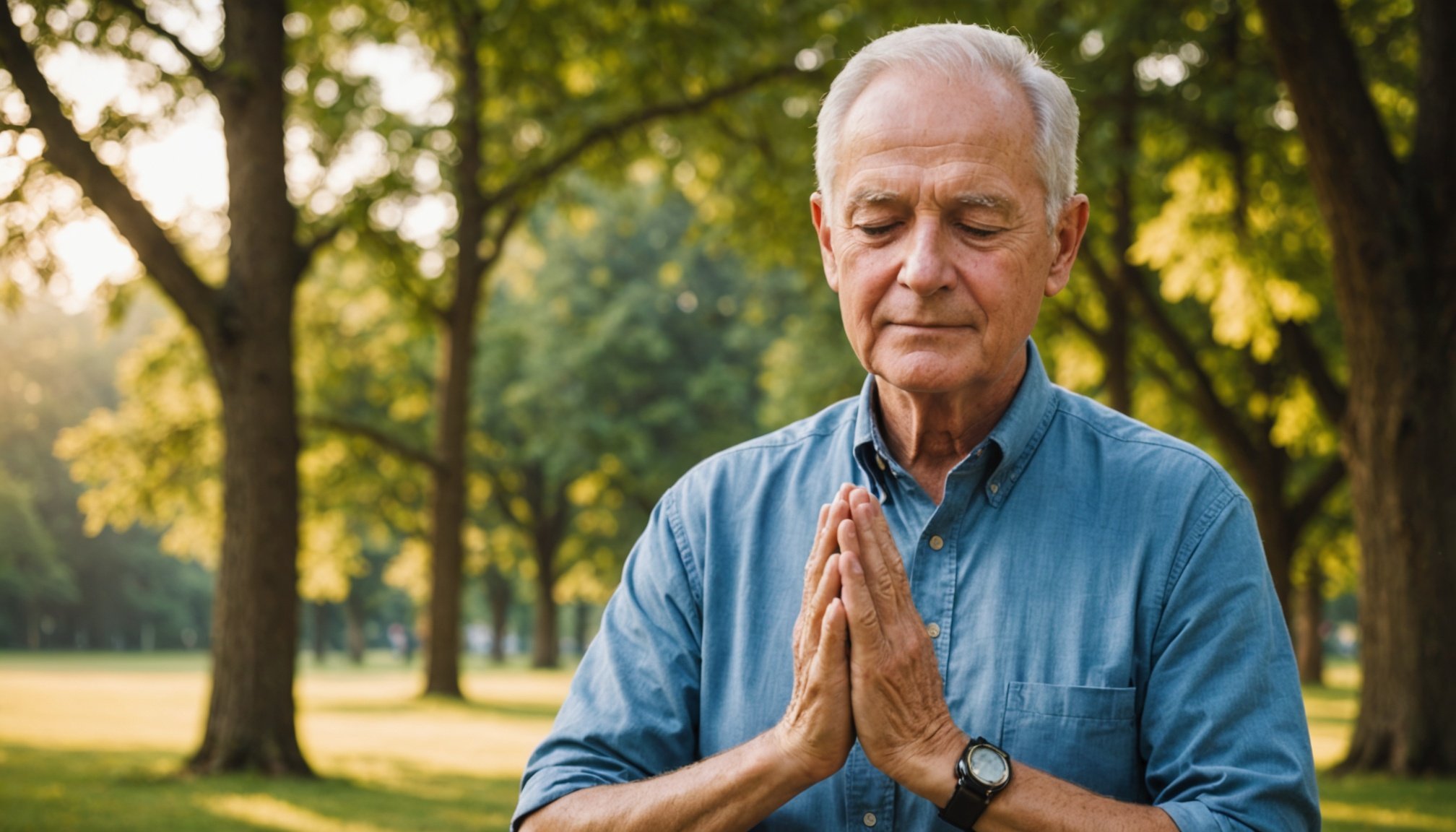In our fast-paced world, where stress and anxiety are all too common, finding effective ways to manage our mental well-being becomes essential. This is especially crucial for older adults, who often face unique challenges related to health, life transitions, and cognitive changes. Mindfulness and meditation practices have emerged as valuable tools for reducing anxiety and improving the overall quality of life for seniors. By integrating these practices into your daily routine, you can foster a sense of calm and clarity, helping you navigate life’s complexities with greater ease and grace.
Understanding Mindfulness and Its Benefits for Seniors
Mindfulness is more than just a buzzword; it is a transformative approach to living that encourages being fully present in the moment, without judgment. For seniors, cultivating mindfulness can be a powerful way to manage stress and anxiety, enhance cognitive function, and improve physical health.
Also read : How can seniors ensure they are receiving proper dental care?
The Essence of Mindfulness
Mindfulness involves paying attention to the present moment with intention and without distraction. By focusing on what is happening “here and now,” we can become more aware of our thoughts, feelings, and bodily sensations. This awareness helps us respond to life’s challenges with greater resilience and equanimity.
Benefits for Older Adults
- Reducing Anxiety and Stress: Mindfulness-based practices have been shown to lower stress levels and reduce symptoms of anxiety by encouraging relaxation and mindful breathing.
- Enhancing Cognitive Function: Engaging in mindful activities can stimulate brain function, potentially improving memory and attention span in older adults.
- Improving Physical Health: Mindfulness can also promote physical well-being by encouraging healthier habits and reducing symptoms of chronic illnesses.
- Boosting Emotional Well-being: Regular mindfulness practice can lead to improved mood and a greater sense of life satisfaction.
For seniors, who may face challenges such as retirement or the loss of loved ones, mindfulness offers a pathway to navigate these changes with grace and acceptance.
Also to discover : What are the psychological benefits of pet therapy for seniors?
Mindfulness Meditation Techniques for Reducing Anxiety
Meditation is a key component of mindfulness and serves as a practical tool that seniors can use to mitigate anxiety. By dedicating time each day to meditation, you can cultivate a sense of calm and focus, making it easier to manage stress and anxiety.
Breathing Exercises
One of the simplest yet most effective mindfulness techniques is mindful breathing. It involves paying close attention to your breath, noticing the sensation of air as it flows in and out of your body. This practice can ground your mind, helping you release tension and anxiety.
Body Scan Meditation
This technique encourages a heightened awareness of your physical state by systematically focusing on different parts of your body. By tuning into physical sensations, you can identify areas of tension or discomfort and work towards consciously relaxing them.
Loving-Kindness Meditation
Loving-kindness meditation involves silently repeating phrases that express goodwill and compassion towards oneself and others. It can foster a sense of connection and reduce feelings of isolation or fear that may accompany anxiety.
Guided Imagery
Guided imagery involves using visualization to create mental images that evoke a sense of peace and relaxation. By picturing a calming scene, such as a tranquil beach or a serene forest, you can transport your mind away from stress-inducing thoughts.
These meditation techniques can be adapted to suit individual preferences, allowing seniors to find the practice that best aligns with their needs and helps reduce anxiety effectively.
Implementing Mindfulness Practices in Daily Life
Mindfulness is not limited to formal meditation sessions; it can be integrated into your daily routine to enhance your quality of life and reduce anxiety. By weaving mindfulness into everyday activities, you can create a more balanced and peaceful existence.
Mindful Eating
Eating mindfully involves savoring each bite, paying attention to flavors, textures, and sensations. This practice encourages healthier eating habits and a deeper appreciation for food, which can positively impact both physical and mental health.
Walking Meditation
Walking meditation transforms a simple walk into a mindful experience by focusing on the sensations of each step. It allows you to connect with your environment and cultivate a sense of presence, making it a natural way to reduce anxiety.
Mindful Listening
Engaging in mindful listening means giving your full attention to conversations, acknowledging the speaker’s words without interrupting or judging. This practice can deepen relationships and reduce misunderstandings, fostering a sense of connection and belonging.
Incorporating Mindfulness-Based Stress Reduction (MBSR)
MBSR is a structured program that combines mindfulness meditation and yoga to alleviate stress. By participating in MBSR classes or following online resources, you can build a solid foundation for managing anxiety and improving overall well-being.
By incorporating these practices into your daily routine, you can harness the power of mindfulness to lead a more fulfilling, less anxious life.
Overcoming Challenges and Building a Mindful Future
Embracing mindfulness requires dedication and patience, as it involves changing ingrained patterns of thinking and behavior. However, the rewards of adopting mindfulness techniques are profound, offering seniors a path to a more fulfilling and anxiety-free life.
Addressing Common Challenges
- Inconsistency: Building a habit of mindfulness takes time. Set a regular schedule and start small, gradually increasing the duration and frequency of your practice.
- Distracting Thoughts: It’s natural for your mind to wander during meditation. Gently redirect your focus back to your breath or chosen point of attention without judgment.
- Physical Discomfort: If sitting for extended periods is uncomfortable, try adjusting your posture or practice mindful walking or standing meditation.
Encouraging a Supportive Environment
Creating a supportive environment can enhance your mindfulness journey. Consider joining a meditation group or enlisting the support of a friend to practice together. Technology also offers various apps and online platforms to guide and support your practice.
Looking Ahead
By embracing mindfulness, seniors can cultivate resilience and emotional well-being, enabling them to face life’s challenges with confidence. As you integrate mindfulness into your life, you are not only enhancing your own well-being but also contributing to a more compassionate and peaceful world.
Remember, mindfulness is a journey, not a destination. Each moment offers a new opportunity to practice, learn, and grow.
Mindfulness techniques offer seniors a powerful avenue to reduce anxiety and enhance overall well-being. By incorporating mindful practices into your daily routine, you can better cope with stress, improve cognitive function, and foster a sense of peace and contentment. Whether through meditation, mindful eating, or gentle movement, these practices can be tailored to suit individual needs, making them accessible and effective for everyone.
As you embark on this journey, remember that mindfulness is about being present and appreciating each moment. It is a practice of self-compassion and acceptance, encouraging you to embrace life with an open heart and mind. By committing to this practice, you open the door to a more mindful, less anxious future, enriching not only your life but also the lives of those around you.











